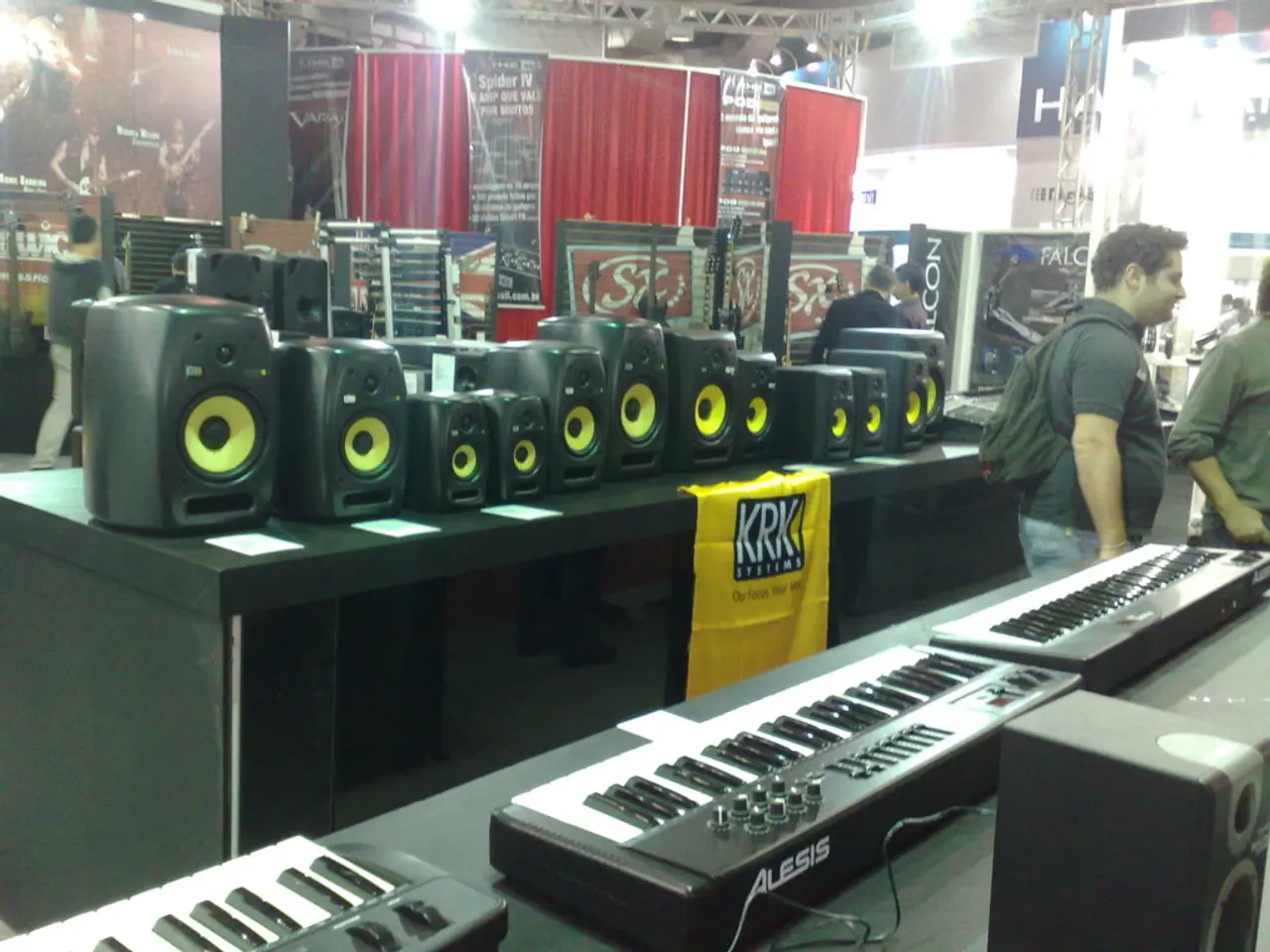Las Vegas economy's gambling and travel forecast sparks worry among UNLV economist
Las Vegas Gaming and Tourism Face Challenges Amid Economic Uncertainty
Las Vegas' gaming and tourism industries are grappling with significant challenges in the current economic climate, as outlined in a recent report by Stephen Miller and the Center for Business and Economic Research (CBER).
Visitor and revenue declines
The report reveals a decline in visitor numbers to Las Vegas, with a 6.5% year-over-year drop through May 2025. Gaming revenue on the Strip also saw a 1.1% decline for the same period. These trends continued into June 2025, with a 11.3% year-over-year decline in visitation and a 6.5% drop in hotel occupancy, reflecting a summer softness driven by economic factors and reduced travel from major sources like California and Canada.
Economic uncertainty impacts
The national economy's potential slowdown and uncertainty, exacerbated by tariffs and business climate concerns, have led to a projected 9% decline in U.S. international arrivals, resulting in a $8.5 billion drop in foreign visitor spending. Business confidence in Nevada and the U.S. has hit record lows since 2008, further dampening demand.
Changing travel habits
Short booking windows and the increasing popularity of loyalty programs are shaping the current travel landscape. About half of bookings are made within 30 days before arrival, and programs like Marriott Bonvoy are helping attract higher spending customers amid these shifts. However, reduced international visitation and altered preferences pose notable challenges.
Segment and submarket variations
While overall Strip gaming revenue declined slightly, Downtown Las Vegas and the Boulder Strip submarkets showed growth in gaming revenue, with a 10.5% and 19.3% increase in June 2025 respectively. Luxury properties continue to perform relatively well, targeting premium customers despite overall softness.
Optimism for recovery
Industry leaders like MGM Resorts CEO Bill Hornbuckle express cautious optimism, expecting a rebound starting in late 2025 and strengthening in 2026. This outlook is based on strong group and convention bookings, major upcoming events such as the Formula 1 Grand Prix, Paul McCartney residency, and major sporting events through 2028, as well as seasonality and recent booking upticks.
Air travel and Canadian tourism
Air travel in Las Vegas also saw a decline, with a 3.9% year-over-year decrease in the number of passengers at Harry Reid International Airport. Canadian tourism, which contributed $6.2 billion in total economic output and supported over 43,000 jobs in southern Nevada in 2024, has been notably affected, with a 8.7% drop in international traffic at the airport.
Tax code changes and the future outlook
A recent spending and tax bill altered the tax code for gaming losses, reducing the allowable deduction from 100% to 90%. This change could discourage high-volume gamblers from spending as much, posing a threat to Las Vegas's core economy. Despite these challenges, the sector’s future remains cautiously hopeful, contingent on broader economic stabilization and traveler confidence restoration.
The Brightline West high-speed rail line, expected to open in 2028, will improve access from southern California, offering potential for future growth. However, the road to recovery for Las Vegas' gaming and tourism industries remains uncertain, with many challenges to overcome in the coming months.
[1] CBER Mid-Year Report, 2025 [2] Las Vegas Review-Journal, "Las Vegas tourism slumps in June," June 2025 [3] Las Vegas Sun, "Las Vegas Convention and Visitors Authority reports decline in visitation," July 2025 [4] MGM Resorts Q2 2025 Earnings Call Transcript [5] UNLV Economist Expresses Concern About Las Vegas Gaming and Tourism, KSNV News 3, July 2025
In the present economic uncertainty, Las Vegas' casino-and-gambling sector is experiencing a decline in visitor numbers, with a 6.5% year-over-year drop through May 2025, and a 1.1% decline in gaming revenue on the Strip for the same period.
The economic challenges in Las Vegas, including the potential slowdown of the national economy and reduced travel from major sources like California and Canada, have led to significant impacts on the gaming and tourism industries in Las Vegas-and-gambling.




